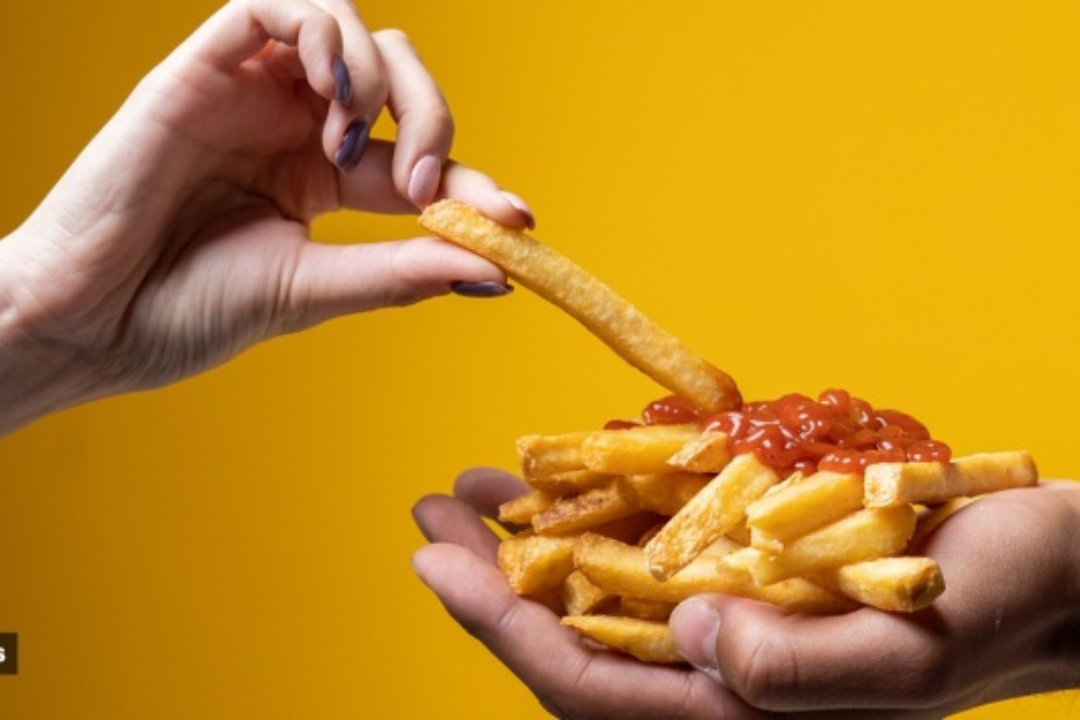Emotional eating is a process where one uses food as a coping mechanism to manage a wide range of emotions. It is the eating done to escape or intensify some emotion. Conquering this emotion can be hard, but with a few expert tips, you can succeed. Read this article to learn more.
Emotional eating is using food as your go-to option to deal with emotions. Thus, it is also known as stress eating or comfort eating.
In emotional eating, emotions could range from unpleasant feelings and situations to rewarding yourself or just your unhealthy cravings. In most cases, we are more inclined towards junk food or other unhealthy food options.
In short term, emotional eating may seem like a good option. However, this might not be the case in the long run. While this could make one overcome mood swings quickly, the adverse effects could backfire into more negative emotions.
These mood swings of emotions could be because of many factors, internal or external. Some external factors that might trigger your emotional eating response could be work stress, health issue, and more. Internal factors resulting in emotional eating could be stress, anxiety, and more.
Emotional eating can cause a rise in cortisol levels in your body. The Ghrelin hormone rises when the cortisol level rise which makes one crave sugar and carbohydrates. It results in inflammation and as a result increases cortisol levels, forming a chain reaction.

Dr. Ridhima Khamesra gives a POCE approach to dealing with emotional eating smartly.
POCE includes the following:
Practice:
- Here, one needs to find better ways to deal with the emotional eating cravings rather than give in to them.
- Opting for various other alternatives to manage the stress of the situation is advised.
- It may include developing different hobbies, talking about this situation with your trusted person, and more.
- When you feel like emotionally eating try to distract yourself with other activities. You can practice this step over and over again.
Observe:
- Emotional eating is a response to dealing with a trigger emotion. These emotions could range from anger, sadness, stress, happiness, and more.
- Finding the trigger emotion that causes you to opt for emotional eating can help you control and deal with it better.
- Pay close attention to what triggers your urge to indulge in emotional/ stress/ comfort eating.
Carefully plan:
- You can’t avoid the urge for emotional eating immediately. However, you can always plan so that the adverse could be avoided or reduced.
- Stock up on healthy food and snack items with low calories to avoid opting for unhealthy food.
- One can prepare and freeze a few healthy food items to soothe their cravings.
- When you feel like eating you can opt for these healthy options. Avoid starving yourself as when emotional, starving yourself could worsen the situation.
Eat slow:
- Oftentimes, when stress eating, we chew and eat fast. It will result in overeating and result in other issues.
- Eating slowly gives one’s brain enough time to determine when their body is satisfied.











